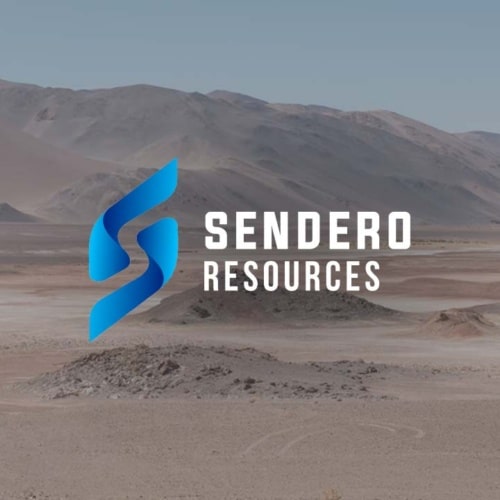On March 31, 2020, the British Columbia Land Title and Survey Authority (LTSA) issued Practice Bulletin 01-20 Process for Remote Witnessing of Affidavits for use in Land Title Applications.
This practice direction was approved by the Law Society of British Columbia and enables BC lawyers and notaries who represent the parties to a property transaction to remotely witness affidavits. Lawyer and notaries who choose to remotely witness affidavits must first review the Law Society of British Columbia’s directions on best practices for using video-conferencing when providing legal advice or services, and must incorporate a statement in the jurat of the affidavit confirming this process was used and the best practices were followed.
In order to comply with the practice bulletin, the LTSA has set out the following requirements:
- Any affidavit to be sworn using video technology must incorporate a statement into the jurat describing that the deponent was not physically present before the lawyer or notary public, but was linked with the lawyer or notary public utilizing video technology, that the process described below for remote commissioning of affidavits was utilized and that the lawyer or notary complied with the Law Society of British Columbia best practices for using video-conferencing when providing legal advice or services issued by the Law Society of BC, reproduced below in Schedule A. See Schedule B below for an example of the required jurat language.
- While connected via video technology, the deponent must show the lawyer or notary public the front and back of the deponent’s current provincial or federal government-issued photo identification. The lawyer or notary public must compare the video image of the deponent and information in the deponent’s government-issued photo identity document to be reasonably satisfied that it is the same person and that the document is valid and current. The lawyer or notary public must also take a screenshot of the front and back of the deponent’s government-issued photo identity document and retain it.
- The lawyer or notary public and the deponent are both required to have a copy of the affidavit, including all exhibits, before each of them while connected via video technology.
- The lawyer or notary public and the deponent must review each page of the affidavit and exhibits to verify that the pages are identical and if so, must initial each page in the lower right corner.
- At the conclusion of the review, the lawyer or notary public will administer the oath, the deponent will state what needs to be said to swear or affirm the truth of the facts, and the lawyer or notary public must watch the deponent sign his or her name to the affidavit.
- The deponent will then send the signed affidavit with exhibits electronically to the lawyer or notary public.
- Before completing the affidavit, the lawyer or notary public must compare each page of the copy received from the deponent against the initialed copy that was before him or her in the video conference and may affix his or her name to the jurat only upon being satisfied that the two copies are identical.
- The two copies will then be attached together with a certificate signed by the lawyer or notary public stating that the lawyer or notary public was satisfied that the process was necessary because it was impossible or unsafe, for COVID-19 medical reasons, for the deponent and the lawyer or notary public to be physically present together.
- The completed affidavit would then be permitted to be submitted to the land title office with the rest of the land title package.
Schedule A: Law Society of British Columbia best practices for using video-conferencing when providing legal advice or services
When using video conferencing for the provision of legal advice or services, lawyers should:
- Confirm the client’s consent to proceed in this manner.
- Ask that all individuals in the remote location introduce themselves.
- Ensure there is no one else at the remote location who may be improperly influencing the client.
- Make sure that audio and video feeds are stable and that you can hear and see all parties.
- Where identification is produced to support verification of identity, ensure that a copy of the document (front and back) is sent to you in advance of the online meeting and that when it is produced that the entire document is visible and legible.
- Determine how to provide the client with copies of the document executed remotely.
- Confirm your client’s understanding about the documents they are executing and provide adequate opportunity for them to ask questions during the video conference.
- Maintain detailed records including: date, start and end time, method of communication, identity of all present, and minutes of content of meeting.
Schedule B: Preferred form of jurat:
Sworn before me at the city of Victoria, in the Province of British Columbia, this 31st day of March, 2020. The deponent was not physically present before me because < it is medically unsafe to meet him in person due to Covid-19> but was linked with me using video technology. I followed the process described in Practice Bulletin 01-20 Process for Remote Witnessing of Affidavits for use in Land Title Applications and complied with the Law Society of British Columbia best practices for using video-conferencing when providing legal advice or services.
Read more EKB Updates about the legal implications of COVID-19 and the impact on business in British Columbia.





